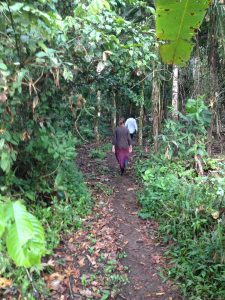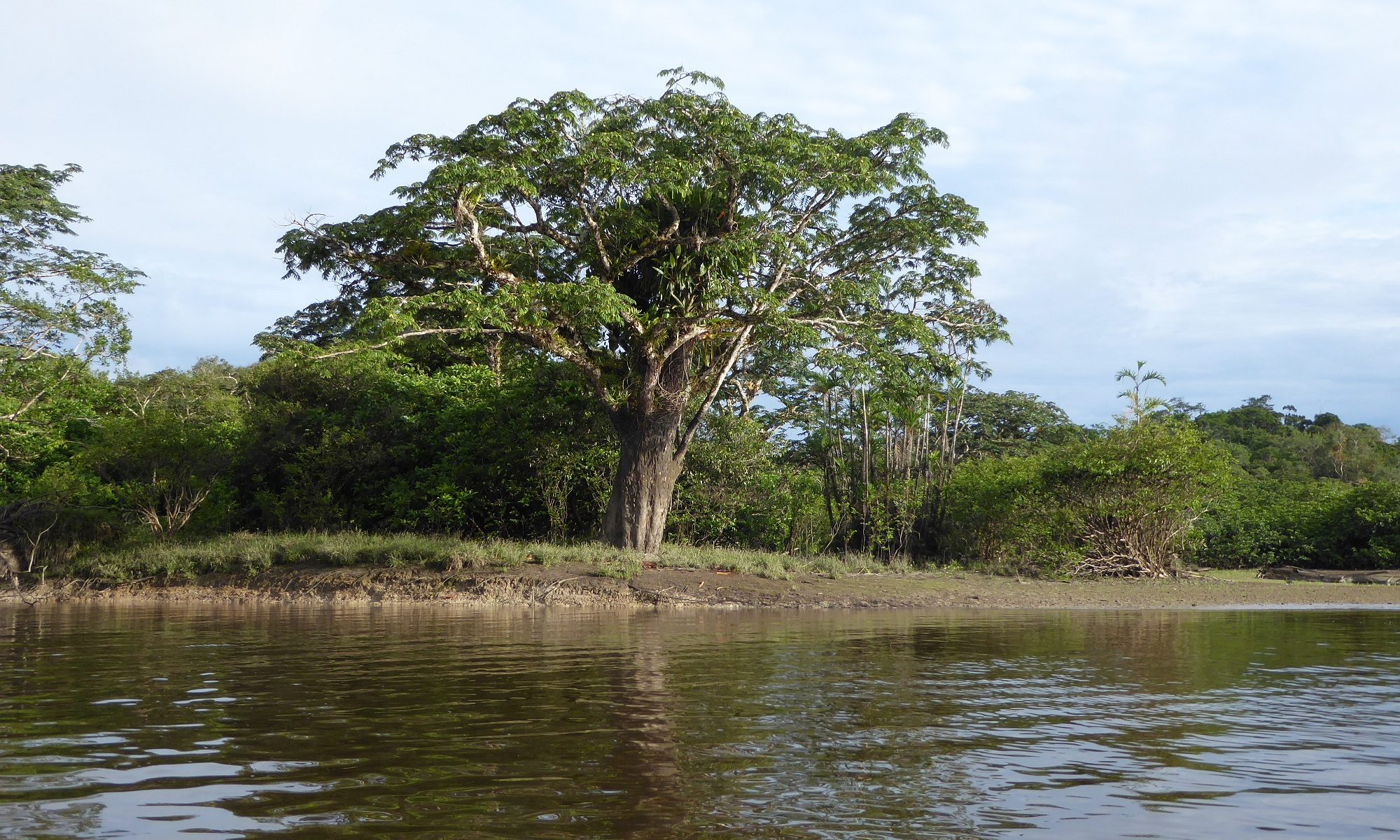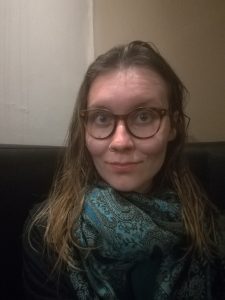Redacción: Johanna Hohenthal
Durante este otoño, los miembros del proyecto participaron de varias conferencias y seminarios en los países nórdicos donde se abordaron los temas de la decolonialidad, interculturalidad y la diversidad en la investigación académica. En primer lugar, del 15 al 18 de agosto, se celebró en Helsinki, Finlandia, la 4ta Conferencia Anual de la Red Mundial de Investigación en Ecología (World-Ecology Research Network, WERN), la cual tiene un importante compromiso decolonial centrado en la “crítica del dualismo Naturaleza / Sociedad como cosmología y práctica de dominación histórica mundial”. En la conferencia de este año, los discursos, paneles y grupos de trabajo discutieron sobre temas de actualidad relacionados con la expropiación, el capitaloceno, el extractivismo y las relaciones de poder en la investigación académica. El segundo evento fue un seminario de dos días denominado “Haciendo diversidad / interculturalidad / decolonialidad en la investigación del desarrollo” organizado por la red de doctorados de investigación de desarrollo de Finlandia (UniPID DocNet) en Tvärminne, Finlandia, del 27 al 28 de septiembre. Las presentaciones y discusiones en el seminario se centraron en gran medida en torno a las preguntas sobre cómo descolonizar y diversificar el pensamiento y las prácticas en la enseñanza académica y el trabajo de investigación.
La semana siguiente, del 5 al 6 de octubre, la reflexión sobre estos temas continuó con el primer taller de la red de investigación crítica decolonial, producción de conocimiento y cambio social en los países nórdicos (DENOR) en Gotemburgo, Suecia. Como lo expresó el líder de la red, Adrián Groglopo, en sus palabras de bienvenida, la iniciativa decolonial es especialmente importante en el contexto nórdico, porque la “raza” nórdica ha disfrutado de su posición privilegiada a expensas de otras naciones e incluso ha sido puesta en el pedestal como modelo a seguir por las demas naciones.
Finalmente, la 10ª conferencia de la Red Nórdica de Investigación Latinoamericana (NOLAN) se organizó en Oslo, Noruega, del 25 al 26 de octubre. La conferencia abordó temas importantes relacionados con los derechos humanos y ambientales y el estado de la democracia que tienen implicaciones especialmente para la vida de los pueblos indígenas y otros grupos minoritarios en América Latina. La conferencia también tuvo una serie de sesiones interesantes de grupos de trabajo sobre identidad indígena, gobernanza ambiental y educación.
En este escrito, volveré brevemente a los mensajes de las reuniones anteriores que también son importantes para nuestro proyecto. Vea también el próximo texto relacionado escrito por Paola Minoia en Convivial Thinking.
Continue reading “Saludos de las conferencias de otoño en el Norte: mensajes claves para la diversificación y descolonización de la investigación académica”


 Born in Lapland, I have been interested in the issues of environment, indigenous knowledges and the fight against extractivist industries since my childhood. In this project I am conducting a study on the significance of place and territory in the context of decolonial education. My fieldwork included a three week journey through the Sapara territory and 2 month long period in the vicinity of Puyo, Pastaza, during which I visited multiple bilingual and intercultural schools. I am writing my master’s degree based on this fieldwork.
Born in Lapland, I have been interested in the issues of environment, indigenous knowledges and the fight against extractivist industries since my childhood. In this project I am conducting a study on the significance of place and territory in the context of decolonial education. My fieldwork included a three week journey through the Sapara territory and 2 month long period in the vicinity of Puyo, Pastaza, during which I visited multiple bilingual and intercultural schools. I am writing my master’s degree based on this fieldwork.